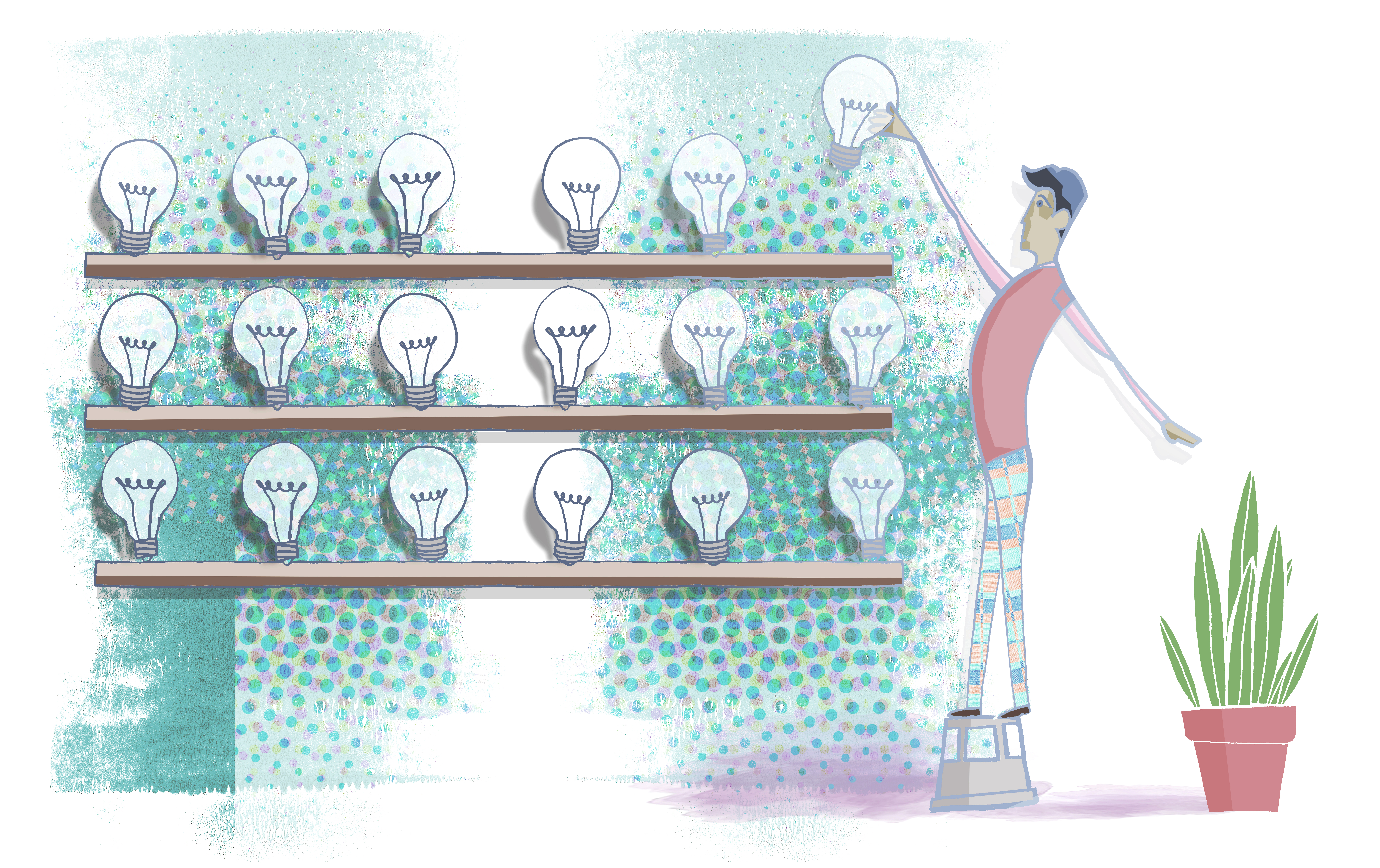Copyright Bootcamp
Section 2 of 7

Who owns copyright?
By default, the creator of a new work owns the copyright. However, copyright can be transferred (gifted, sold or licensed) to another party. This party then has the right to copy. If the arrangement is 'exclusive' the creator loses copyright. If the arrangement is 'non exclusive' the creator will share copyright.
The exception to this is if you create something as part of your paid employment. For example, a TV camera operator does not own the right to recordings made as part of their employment. Instead his/her employer owns the copyright.
In the same way, a member of staff employed by the University of Bristol does not normally own copyright in the materials they produce as part of their employment. Rights will normally be the property of the University. See General terms and conditions of employment for all staff for more information.
By default, postgraduate students at the University of Bristol own the copyright to anything they create. However, there are situations when the student may be asked to grant copyright to other parties (either exclusively or non exclusively). For example, a research funder might make it a condition of funding that any new copyright will belong to them. The Intellectual Property Policy for Students gives more detail.

